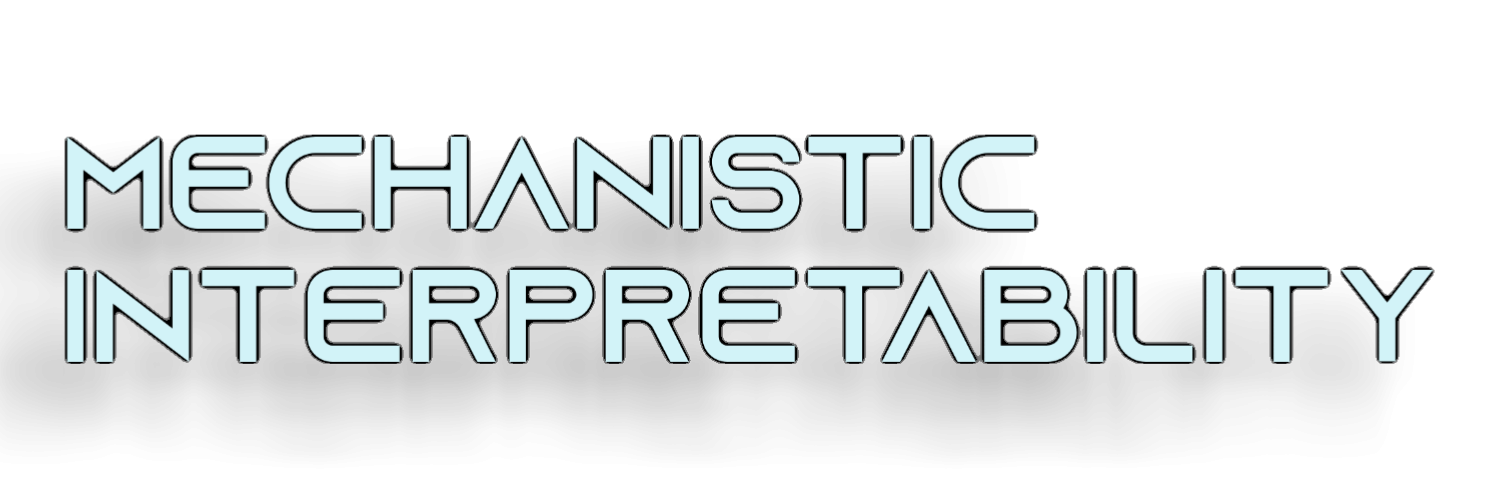Strategizing AI Adoption Amid Regulatory Changes: Balancing Innovation with Compliance
21 Dec, 2024 AI AI,Mechanistic,MechanisticInterpretability,Interpretability,ArtificialIntelligence,MachineLearningNavigating the Rapid Advancements in AI: Encountering, Embracing, and Regulating Innovation
Artificial Intelligence (AI) has woven itself intricately into various business ecosystems, marking a new phase of accelerated growth and adoption. Entwined in numerous sectors, AI has become the cornerstone of many modern systems. However, recent surveys and studies reveal the uncertainties persisting among businesses about the adequate implementation of AI, especially in projection of the fast-evolving AI regulations and governance. This article delves into the intricate facets of AI advancements, highlighting the significance of understanding implementation practices, regulatory nuances and future trajectories.
Decoding the AI Conundrum: Uncertainty Amid Progress
Despite the conspicuous benefits attributed to AI, launching headfirst into implementation has stirred hesitations among several businesses. The Boston Consulting Group’s Digital Acceleration Index discloses that only 28% of organizations feel prepared for new AI regulation. This conservative outlook is amplified by the emerging and diverse regulations across the globe, ranging from the EU AI act to the G7 nations launching the “Hiroshima AI process”. The uncertainty has set businesses on edge, warily watching the regulatory landscape while trying to navigate their strategy for AI implementation.
Snapshot of Conflicting Opinions
While the necessity for regulation has been widely acknowledged, the gravity of these rules and their impact on innovation continues to incite debate. Surveys indicate a strong inclination towards stricter AI regulation among IT professionals and the general public, with separate research revealing 91% of the British populace demanding businesses to be accountable for their AI systems. In contrast, tech industry leaders publicly demand reform of the EU’s robust AI regulations, citing innovation stifling as a deterrent.
AI Regulation and Its Implications: The Need for Proactive Planning
Regulatory compliance remains an ever-pressing, pertinent issue as AI advances further. Ensuring AI regulatory compliance is feasible with the right systems and practices, prioritizing it as an integral part of a business’s strategy. Mapping AI tools in use, understanding their use policy and mitigating potential risks are key measures towards gaining control over AI utilization.
CEO Perspectives
As explained by Rob Johnson, VP and Global Head of Solutions Engineering at SolarWinds, proactive measures enhancing data hygiene and reinforcing robust AI ethics enable an organization to maximize the potential of AI while maintaining regulatory compliance.
Factors Governing AI Use: Risk Management and Ethical Implications
Determining the risk levels of AI tools has become crucial for compliance, risk management and improving software development workflows. Trust and confidence in AI can increase through a risk management framework introduced early in project development. Guidelines like NIST’s AI RMF and ISO/IEC 42001 offer best practices which can be inculcated into these policies.
Demystifying Ethical AI
Bringing ethical AI considerations to the forefront, proactive compliance can ensure ethical, responsible, and transparent AI use, aligning with evolving practices and regulations, and accelerating innovation amidst complexities.
Preparing for a Future with AI: Embracing Change and Innovating
Despite the evolving landscape of AI regulations, businesses need not shy away from harvesting the benefits of AI. Prioritizing data privacy, transparency, maintaining an ethical outlook, and focusing on risk management could prove instrumental in successfully navigating AI regulations. Adapting to changes proactively and aligning with AI principles will ensure businesses are prepared for future regulation while maximizing the utilities of AI-powered solutions.
A forward-thinking stance towards responsible AI implementation, coupled with a comprehensive understanding of regulatory frameworks, will optimize the innovation and growth potential for businesses in the AI era. In the end, the voyage into the future of AI is about collaboration and balance — balancing innovation with regulation, progress with ethics, and risk with reward.

